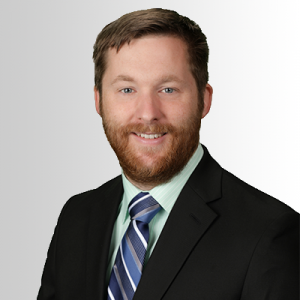
We do have the infrastructure to do that again some day.Įntering this farmland preservation program is a commitment.

My granddaughter has been asking, ‘Grandma, can I have chickens?’ And we could do that. And we do have an older son, Travis, who is maintaining our hog facility. And he works with my daughter-in-law, Melanie. We thought he’d be our chicken man, but no. Q: What does the future look like for Heidel Hollow Farms?Ī: Well our son, Michael, has started taking on some of the farming. It was so ingrained to continue the farm. At any time, you know, they could have just sold. And those were those dry years where crop insurance was a life saver because of disaster, because of no rain.įamily members along the line have been given the opportunity to see that this farm continued. Q: Were there any moments throughout the history of the property where there was a chance the farm could’ve left the family ownership?Ī: We’ve always been able to surmount any hard times. It wasn’t just human life, it was animals that were suffering also. We got to know them over the years because they were our customers. It was one of those uplifting things that we could do to help people. There were a thousand of these horses stranded at the race tracks. They couldn’t get anything out of Miami at the time. We shipped them about 80,000 pounds of hay. The hay went to the horses and some animals at the zoos. It left at 4 o’clock and it was down in Puerto Rico two and a half hours later. We had that set up at JFK so they could scan it and get it on the airplane. And we had hay available on pallets - just the way they needed it. From a phone call Thursday night at 6 o’clock, there was a tractor-trailer here at 11 o’clock. Some people were organizing ways to help the animals. Q: Can you tell us more about that effort?Ī: We had many contacts already in Puerto Rico and folks at the airport who deal with livestock there. In fact when they had their Hurricane Maria, a tractor-trailer load of our hay went on an airplane out of JFK to help the horses that were stranded at the race track in Puerto Rico. We have shipped to the Caribbean and Puerto Rico. He also started to make new products out of the hay, including Hydration Hay blocks for the equine market, three different types of chopped, bagged hay products and gourmet hay for creatures in the deer family. And then we got into double compressing the hay, like they do on the West Coast, so that we could fit more into the freight and keep shipping costs low. Over the years, as the eggs and potatoes phased out, the hay crop, the forage crops took over. How did that expand?Ī: Well, then David started looking into the export market because we’re so close to the ports here off the East Coast.
#David fink video driver
Q: Eventually, you said, your husband began to make hay a major revenue driver for the farm. On this farm it was never that you had all your eggs in one basket. And so at one point we had 40,000 laying hens for eggs for direct marketing. And then his parents continued to make it into a bigger part of the business. With David’s grandparents, they started with chickens and laying hens. There’s very few potato farmers left anymore. You also have grain crops, your corn, your soybeans, your wheat. They were raising things to feed their families. That became the main crop, even up here, even on our farm.Īnd we grew it right up until my father-in-law retired in the mid-1990s. They used to say you could walk from one end of the county to the other and never get out of a potato field. They raised vegetables for survival basically.Īnd then as we moved forward, Lehigh County was a big potato-growing county. You know, they had a little of everything - even this farm. Q: Do you know what was grown or raised there early on?Ī: Well, typically back then most of the farms existed to exist. Q: And this land was farmed from that point forward?


 0 kommentar(er)
0 kommentar(er)
